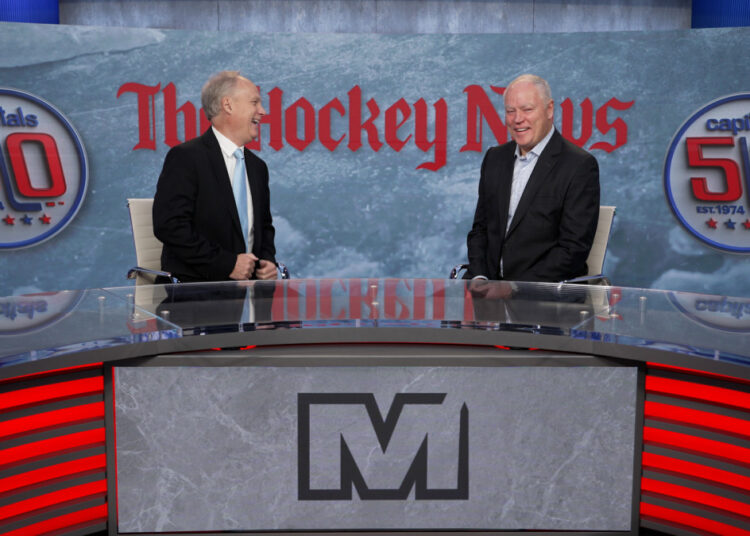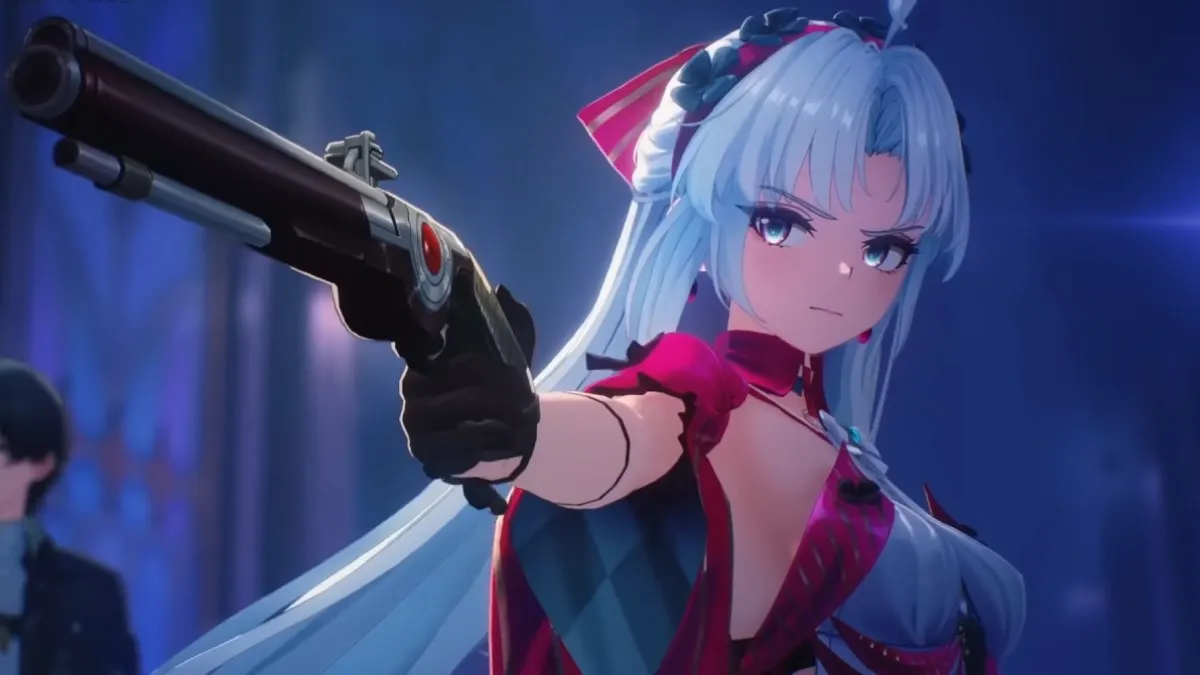The Hockey News’ Money and Power 2025 hockey business annual is available at THN.com/free, featuring the annual 100 people of power and influence list.
W. Graeme Roustan, owner and publisher of The Hockey News, sat down with special guests for peer-to-peer conversations also featured in the issue, including the Washington Capitals’ president of hockey operations, Brian MacLellan.
Here’s their full conversation in The Graeme Roustan Show:
Read along with an excerpt from their discussion:
W. GRAEME ROUSTAN: When you were growing up, what was it that motivated you to make it to the NHL?
BRIAN MACLELLAN: I grew up like most Canadian kids. I was a Montreal Canadiens fan growing up because my father was. On Saturday nights, we’d watch games. You fall in love with the game because you did something as a family and talked about it a lot. You grow up wanting to play. Every chance we had as kids, we’d go outside and play road hockey. We’d go down to the rink and play. You’re constantly talking and playing. Your life revolves around hockey. I don’t think it was a goal of, “Hey, I want to make the NHL.” At some point, it became, “I want to play junior in Guelph.” That was my big goal. I thought that it would be a lot of fun to play for your hometown on a junior team, and it’d be a great accomplishment. I eventually got there, and then it snowballed into getting a shot to play in the NHL and making it.
WGR: Being a professional NHL player, it gives you a good base of understanding of what it’s like to be out there, right?
BM: Hockey has a unique culture. I think playing the game gives you a better insight into how the culture and team functions as well as how players look at things. For example, if you’re on a bad team, you know what’s going on within that dressing room. If you’re on a good team, you know what’s going on in that dressing room. To have all those experiences as a player, being on good and bad teams, teams that are unsettled with their coaching staff, teams with stability and a good coaching staff, it gives you great insights as you become a manager and have a greater influence on your own organization.
WGR: What was it like when you first met Ted Leonsis?
BM: Ted came in. He had a big personality. He wanted action, stories and things that he could promote and grow the team. He brought that energy into the hockey-ops department. He was fun, liked to tell stories and liked to be involved in things at that point. He was hands-on at the beginning, and then I think he evolved from there into more of a sounding board. The communication shifted from Dick (Patrick) and Ted to the general manager on the team. I think he’s evolved as an owner. He knows when to step in, when to lay back and when to trust his people, which I think everybody in our hockey ops appreciates.
WGR: Having won a Stanley Cup as both a player and an executive, what are some of the differences?
BM: As a player, you’re engaged day to day, game to game. I don’t think you take the time to enjoy where you’re at in the process until it’s all done, and then you can sit back in the summer and go, “Oh, man, we won it.” That’s when you enjoy it. I think the grind, physicality and emotional exhaustion through that whole process is so tough on you that you’re not enjoying it. You’re just getting to that next game and putting pressure on yourself and the team to win the games.
As a manager, you’re removed from it a little bit, two steps removed. It’s more reflective as you’re going through it. “How do we get through that series? How do we get through that game? That was incredible.” You feel it more, the highs and lows, when you’re not playing.
WGR: It seems to me that the Washington Capitals are very connected to Ted and his view of family. Is that how you see it?
BM: Yeah, you try to create that as your team, too, so it filters down. At the top of the organization, that’s their philosophy. It’s my job as general manager or president to create that in the coaches’ room and in the players’ room. Whatever’s going on up top filters down throughout the whole organization, and Ted and Dick have done a great job.
For this conversation, more interviews and a deep look into the world of the hockey business, check out The Hockey News’ Money and Power 2025 issue, available at THN.com/free.
Read the full article here



























Discussion about this post